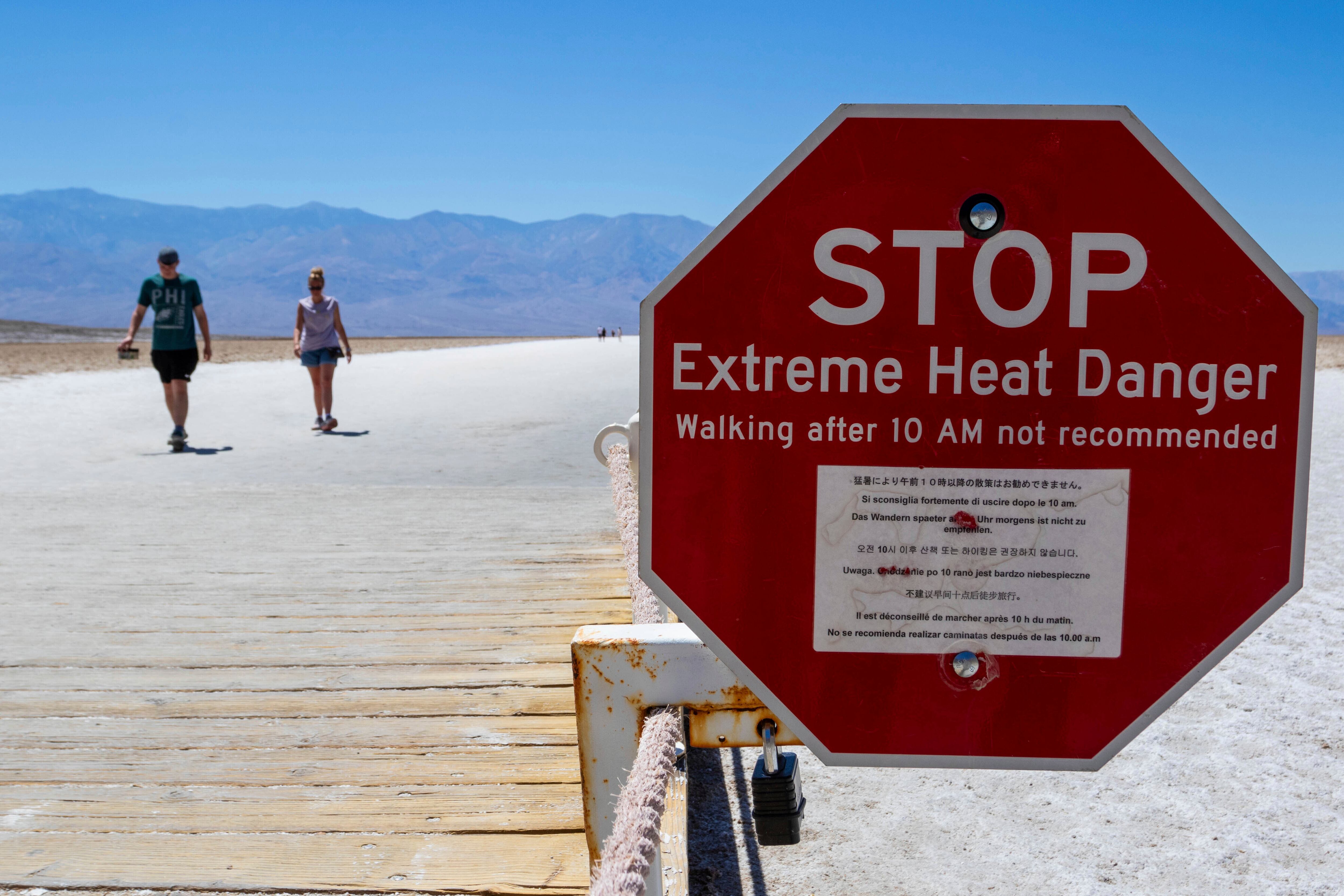Good2Know is your daily dose of the stories that could impact your life.
T-REX MAKEOVER
The image of the tyrannosaurus rex has for many been shaped by the Jurassic Park films, which showed it as a big scary dinosaur with sharp teeth sticking out of its massive mouth. However, according to a new study published in the journal Science, some paleontologists think that the t-rex looked dramatically different than that pop-culture version. An international team of researchers say the t-rex had thin scaly lips that covered its teeth, closer to a modern-day lizard.
TALKING PLANTS
It turns out plants actually have something to say. According to a new study in the journal Cell, plants make noises that sound like popping sounds. Researchers from Tel Aviv University made the discovery by placing tobacco and tomato plants in sound-proof acoustic boxes with ultrasonic microphones. The sounds are undetectable to the human ear, but when translated into a frequency we can hear, they sounded similar to bubble wrap or popping popcorn. They also found that the plants made more sounds when they were thirsty or under stress, but there was no evidence that the noise was done intentionally or as a form of communication.
A 7.2 magnitude earthquake was reported in Alaska over the weekend, leading to a brief tsunami warning.
Over 11 million Americans are under a heat advisory, with the extreme weather hitting the southern U.S.
Temperatures in central and southern California could hit 120 degrees Fahrenheit this weekend.
The World Health Organization moved to classify aspartame, the artificial sweetener in diet soda, as a possible carcinogen.
The World Health Organization's cancer agency has deemed the sweetener aspartame — found in diet soda and countless other foods — as a “possible” cause of cancer, while a separate expert group looking at the same evidence said it still considers the sugar substitute safe in limited quantities.
More than a third of Americans were under extreme heat advisories, watches and warnings Thursday as a blistering heat wave that's been baking the nation spread further into California, forcing residents to seek out air conditioning or find other ways to stay cool in triple-digit temperatures.
Tourists in central Athens huddled under mist machines, and zoo animals in Madrid were fed fruit popsicles and chunks of frozen food, as southern Europeans braced for a heat wave Thursday, with a warning of severe conditions coming from the European Union’s space agency.
A new study published in Nature has found that more than 56 percent of the world's oceans have changed color in the past 20 years, and climate change is to blame.
Recently discovered teeth of a two-million-year-old human relative in Africa could give researchers new insight into genetics.












